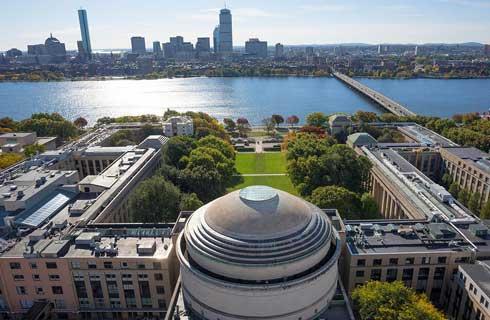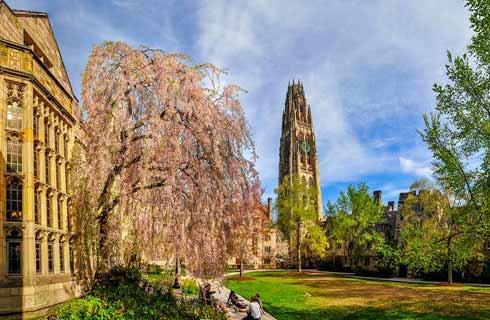国际学生入学条件
A minimum GPA of 3.0 (B) is required for acceptance into the program. The applicant should have completed 18 semester hours in related coursework such as art history, anthropology, history, political science, or museum studies, although this requirement may be waived depending on the applicant's background and preparation. Qualified applicants will be invited for a required personal interview, which may take place over Skype or similar. The committee will consider all applicant information to select students who will be offered program admission.
IELTS - 6.5
TOEFL iBT - 80
展开
IDP—雅思考试联合主办方

雅思考试总分
6.5
了解更多
- 雅思总分:6.5
- 托福网考总分:80
- 托福笔试总分:550
- 其他语言考试:PTE Academic - minimum score of 65.
CRICOS代码:
申请截止日期:请 与IDP联系 以获取详细信息。
课程简介
The Master of Arts degree in Cultural Heritage Studies is the only graduate program of its kind in the state. The M.A. degree in Cultural Heritage Studies provides students with the theoretical background and practical skills necessary to enter a career in the emerging fields of cultural heritage practice, policy, and management. The program is interdisciplinary, in addition to core and elective courses in art history, students will take additional relevant classes in anthropology and public administration. The small size of the program affords graduate students the opportunity to work closely with individual faculty members in seminars and directed research projects.<br>The M.A. in Cultural Heritage Studies is a 30-hour degree. Students in both tracks enroll in 27 hours of course work, including the core course ARH 650 Issues in Global Cultural Heritage Preservation: Practice & Policy and 3 credit hours of a practicum or internship. Degree requirements include the completion of a final professional research project to ensure the student has achieved proficiency of the knowledge and skills expected of a professional in the discipline.<br><br>Graduates will obtain a broad foundation of knowledge applicable to careers and further study in historic preservation and museum studies, arts management and administration, cultural and public advocacy, art and cultural policy, law and transnational justice, international affairs, diplomacy, government, arts centers, government, museums, private arts agencies, arts councils, community arts programs, foreign service, peace and justice studies, art journalism, and other fields.
展开




































